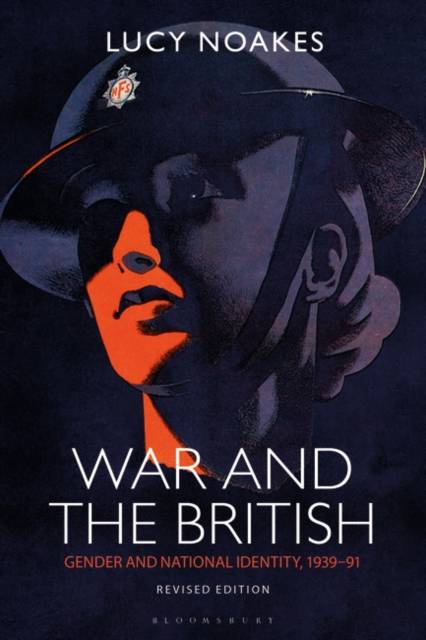
- Retrait gratuit dans votre magasin Club
- 7.000.000 titres dans notre catalogue
- Payer en toute sécurité
- Toujours un magasin près de chez vous
- Retrait gratuit dans votre magasin Club
- 7.000.0000 titres dans notre catalogue
- Payer en toute sécurité
- Toujours un magasin près de chez vous
38,45 €
+ 76 points
Description
We know that conflict, and people's memory of it, profoundly shapes both individual selfhoods and social identities. War and the British explores key ideas of British collective nationhood and personal identity, and in particular shines an important spotlight on the impact of gender on Britain's national consciousness, from the outbreak of World War II in 1939 to the end of the Gulf War in 1991.
This book builds on current historiography by examining how notions about gender shaped the experiences of the war and how it was remembered in the collective public consciousness. It argues that, despite women's wartime role in 'total war', men in the armed forces were encouraged to regard themselves as being bound together in unity by masculinity and common experience, while women remained individuals with prime responsibilities to home and family. As Lucy Noakes shows, during the Second World War, the British government ensured that lipstick and corsets were never scarce, so that less soldiers returned from war disappointed by the 'unfeminine' women who greeted them. Thus, Noakes demonstrates how the conflicts strengthened gender boundaries by grouping men together in a masculine experience of combat from which women were strictly excluded. The 'People's War' it was not. Now with a new preface, revised introduction and foreword by Penny Summerfield, War and the British provides an incisive analysis of public and private ideas of national identity in times of war and how they were shaped by gender. The result is a valuable addition to scholarly debates, which will be of interest to students and scholars studying the intersection of gender and war in Britain.Spécifications
Parties prenantes
- Auteur(s) :
- Editeur:
Contenu
- Nombre de pages :
- 264
- Langue:
- Anglais
- Collection :
Caractéristiques
- EAN:
- 9781350350915
- Date de parution :
- 29-06-23
- Format:
- Livre broché
- Format numérique:
- Trade paperback (VS)
- Dimensions :
- 156 mm x 234 mm
- Poids :
- 453 g

Les avis
Nous publions uniquement les avis qui respectent les conditions requises. Consultez nos conditions pour les avis.






